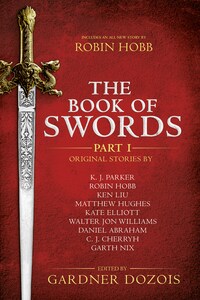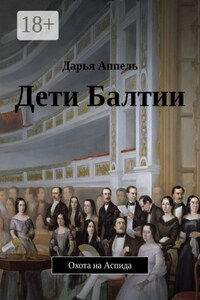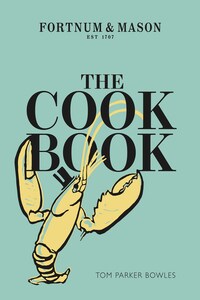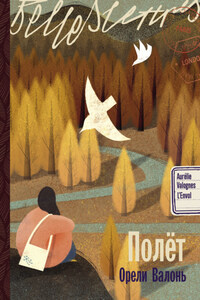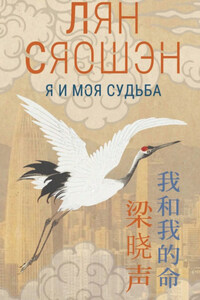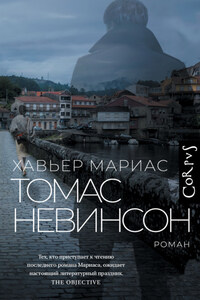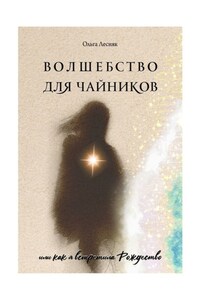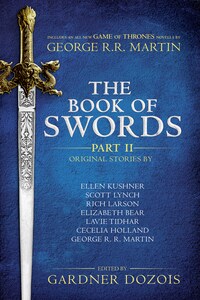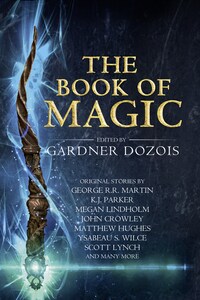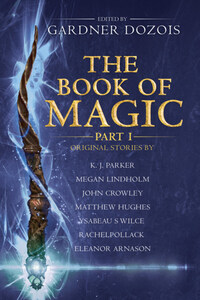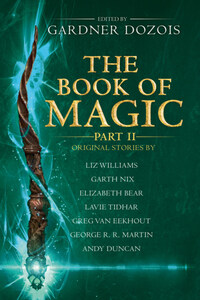HarperVoyager
an imprint of HarperCollinsPublishers Ltd
1 London Bridge Street
London SE1 9GF
www.harpercollins.co.uk
First published in Great Britain by HarperVoyager 2017
Copyright © 2017 by Gardner Dozois
Introduction © 2017 by Gardner Dozois
Individual story copyrights appear here
Cover design by Mike Topping © HarperCollinsPublishers Ltd 2018
Cover images © Shutterstock.com
The author of each individual story asserts their moral rights, including the right to be identified as the author of their work.
A catalogue copy of this book is available from the British Library.
These stories are entirely works of fiction. The names, characters and incidents portrayed in them are the work of the authors’ imagination. Any resemblance to actual persons, living or dead, events or localities is entirely coincidental.
All rights reserved under International and Pan-American Copyright Conventions. By payment of the required fees, you have been granted the non-exclusive, non-transferable right to access and read the text of this e-book on screen. No part of this text may be reproduced, transmitted, down-loaded, decompiled, reverse engineered, or stored in or introduced into any information storage and retrieval system, in any form or by any means, whether electronic or mechanical, now known or hereinafter invented, without the express written permission of HarperCollins.
Source ISBN: 9780008274696
Ebook Edition © February 2018 ISBN: 9780008274726
Version: 2018-03-14
“The Best Man Wins” by K. J. Parker. Copyright © 2017 by Tom Holt (K. J. Parker).
“Her Father’s Sword” by Robin Hobb. Copyright © 2017 by Robin Hobb (Megan Lindholm).
“The Hidden Girl” by Ken Liu. Copyright © 2017 by Ken Liu.
“The Sword of Destiny” by Matthew Hughes. Copyright © 2017 by Matthew Hughes.
“‘I Am a Handsome Man,’ Said Apollo Crow” by Kate Elliott. Copyright © 2017 by Alis Rasmussen (Kate Elliott).
“The Triumph of Virtue” by Walter Jon Williams. Copyright © 2017 by Walter Jon Williams.
“The Mocking Tower” by Daniel Abraham. Copyright © 2017 by Daniel Abraham.
“Hrunting” by C. J. Cherryh. Copyright © 2017 by C. J. Cherryh.
“A Long, Cold Trail” by Garth Nix. Copyright © 2017 by Garth Nix.
For George R.R. Martin, Fritz Leiber, Jack Vance, Robert E. Howard, C. L. Moore, Leigh Brackett, L. Sprague de Camp, Roger Zelazny, and all the other authors who ever wielded an imaginary sword, and for Kay McCauley, Anne Groell, and Sean Swanwick, for helping me bring this to you.
Contents
Cover
Title Page
Copyright
Copyright Acknowledgements
Dedication
Introduction by Gardner Dozois
The Best Man Wins by K. J. Parker
Her Father’s Sword by Robin Hobb
The Hidden Girl by Ken Liu
The Sword of Destiny by Matthew Hughes
“I Am a Handsome Man,” Said Apollo Crow by Kate Elliott
The Triumph of Virtue by Walter Jon Williams
The Mocking Tower by Daniel Abraham
Hrunting by C. J. Cherryh
A Long, Cold Trail by Garth Nix
About the Publisher
One day in 1963, I stopped in a drugstore on the way home from high school (at that point in time, spinner racks full of mass-market paperbacks in drugstores were one of the few places in our town where books were available; there was no actual bookstore), and spotted on the rack an anthology called The Unknown, edited by D. R. Bensen. I picked it up, bought it, and was immediately enthralled by it; it was the first anthology I ever bought, and a purchase that would have a long-term effect on my future career although I didn’t know that at the time. What it was was a collection of stories that Bensen had culled from the legendary (if short-lived) fantasy magazine Unknown, edited by equally legendary editor John W. Campbell, Jr., who at about the same time as he was revolutionizing science fiction as the editor of Astounding was revolutionizing fantasy in the pages of Astounding’s sister magazine Unknown from 1939 to 1943, when the magazine was killed by wartime paper shortages. In the early sixties, in a decade when the publishing industry was still coming out from under the shadow of postwar grim social realism, there was very little fantasy being published in a format affordable to purchase by a short-of-funds high-school student (except for the stories in genre magazines such as The Magazine of Fantasy & Science Fiction, which I didn’t know about at the time), and the rich harvest of different types of fantasy story available in Unknown was a revelation to me.
The story that had the biggest effect on me, though, was a bizarre, richly atmospheric story called “The Bleak Shore,” by Fritz Leiber, in which two seemingly mismatched adventurers, a giant swordsman from the icy North named Fafhrd and a sly, clever, nimble little man from the Southern climes called the Gray Mouser, are compelled to go on a doomed mission which seems destined to send them to their death (which fate, however, they cleverly avoid). It was a story unlike anything I’d ever read before, and I immediately wanted to read more stories like that.
